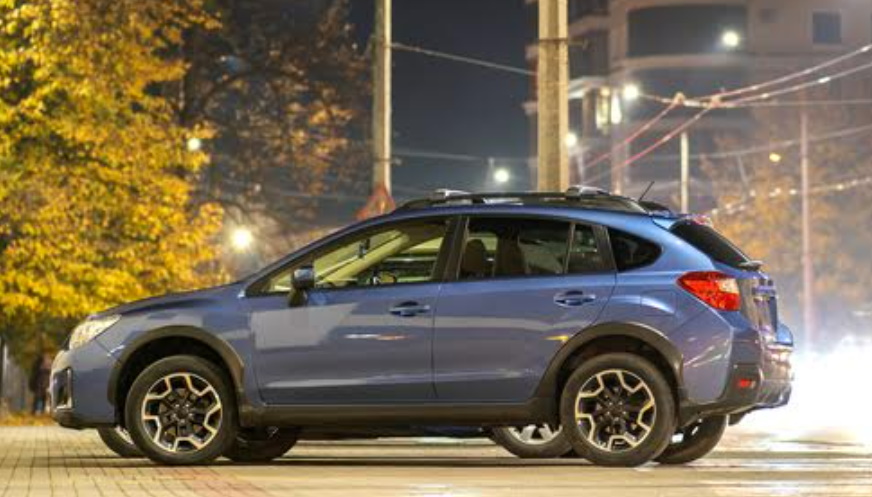Are Australians Really Keen on Being Forced to Buy Electric Cars?
- Written by Times Media

Australia is deep in the middle of a transformation in the way people move, commute, and think about transport. Electric vehicles (EVs) are arriving in record numbers, global manufacturers are shifting entire fleets to electric-only models, and governments around the world — including Australia — are introducing policies designed to push consumers toward lower-emission cars.
But a key question hangs over the debate: are Australians actually keen to be forced into buying electric vehicles? Or is the push moving faster than public appetite?
The answer is more complicated than a simple yes or no. While interest in EVs is growing, the idea of being mandated or coerced into purchasing one is generating strong resistance across broad sections of the population.
Australians Like Choice — Not Compulsion
One of the clearest themes in consumer surveys is that Australians do not respond well to policies that appear to restrict personal choice.
Most people support the idea of cleaner vehicles and better technology, but they bristle at being told what type of car they must buy — especially when that car may come with a higher price tag, practical limitations, or reduced convenience.
This concern has intensified with:
-
Rising cost-of-living pressures
-
High interest rates and expensive car loans
-
A lack of affordable EV models under $40,000
-
Limited charging infrastructure outside major cities
For many Australians, EVs currently feel like an option for affluent urban drivers — not a practical or affordable choice for families, tradespeople, or regional residents. Any policy that accelerates a shift before these concerns are addressed naturally meets resistance.
The Fear Factor: Range, Reliability and Practicality
Even Australians who are curious about electric cars often carry reservations about day-to-day usability. Key barriers include:
1. Range anxiety
Drivers worry about running out of charge, particularly in remote or regional areas where charging stations are few and far between.
2. Charging speed
Fast chargers in Australia remain inconsistent — some are reliable, others often out of service. Long queues during holiday seasons have fed a perception that EVs are not yet convenient for long drives.
3. Home charging limitations
Millions of Australians live in apartments or rentals where installing a home charger is impossible or prohibited.
4. Towing and heavy loads
Tradies, farmers, and caravan owners remain unconvinced that EVs can match diesel utes or SUVs for towing capacity and long-distance hauling.
These concerns make many Australians wary of government policies that could eventually remove petrol options before EV technology fully meets their needs.
What People Support: Market Choice, Not Mandates
Most Australians are open to buying an EV in the future. Some are enthusiastic early adopters. But the broader population prefers:
-
Lower prices first
-
More models suited to Australian conditions
-
A mature, reliable charging network
-
Longer battery durability
-
Realistic timelines — not rushed bans
They want EVs to win on merit, not because petrol cars become unavailable.
Government Policy and Public Perception: A Mismatch
The Albanese Government’s New Vehicle Efficiency Standard (NVES) has been at the centre of debate. Critics argue that while it doesn’t technically force anyone to buy an EV, it pressures manufacturers to import cleaner vehicles and reduces the supply of high-emission models — effectively nudging consumers.
Many Australians interpret this as a back-door mandate, one that narrows choice and pushes prices upward for popular models like:
-
Petrol utes
-
Large SUVs
-
Performance cars
-
Older, budget-friendly models
This perception — even if partly misunderstood — intensifies the feeling of compulsion.
Regional Australia: The Strongest Resistance
The biggest pushback comes from outside capital cities.
Why regional Australians are less keen on EV mandates:
-
Long distances amplify range anxiety
-
Fewer charging stations
-
Heavy reliance on utes and diesel vehicles
-
Higher cost sensitivity
-
Limited access to modern EV-ready garages
For these communities, being “forced” into an EV doesn’t just feel inconvenient — it feels unrealistic.
Are Australians Anti-EV? Not at All.
Critically, Australians are not hostile to electric vehicles themselves.
EV sales are rising quickly, driven by:
-
Lower running costs
-
Better technology
-
Interest in reducing emissions
-
Petrol price volatility
-
New, more affordable models entering the market
But there’s a difference between embracing innovation and enforcing transition.
Most Australians want to switch when it suits their lifestyle and budget, not when government policy dictates.
What Australians Really Want: A Fair, Practical, Affordable Transition
Across multiple studies, focus groups and opinion polls, a consistent theme emerges:
Australians support electric cars but they oppose being forced into them.
The public prefers a gradual, market-driven transition that includes:
-
A wider range of EVs at competitive prices
-
Clear consumer protections for battery life and resale value
-
Reliable, nationwide charging coverage
-
Retention of petrol options until EVs match real-world performance
-
Acknowledgment of rural and tradespeople’s needs
-
Transparent policies that emphasise choice
This aligns closely with the message from the federal Coalition, which argues for a “technology-neutral” approach — letting the best vehicle win without restricting petrol or diesel options prematurely.
The Bottom Line: Let Consumers Decide
The shift to electric vehicles is happening — globally and inevitably. But in Australia, the pace must reflect:
-
Vast geography
-
Diverse lifestyles
-
Regional realities
-
The cost-of-living crisis
-
The importance of personal choice
Are Australians keen to be forced to buy electric cars?
No.
They are keen to consider them — when the price is right, the charging network is reliable, and the technology suits the way they live.
In the meantime, most Australians simply want the freedom to choose what vehicle works best for them, without mandates, pressure or artificial deadlines.




















